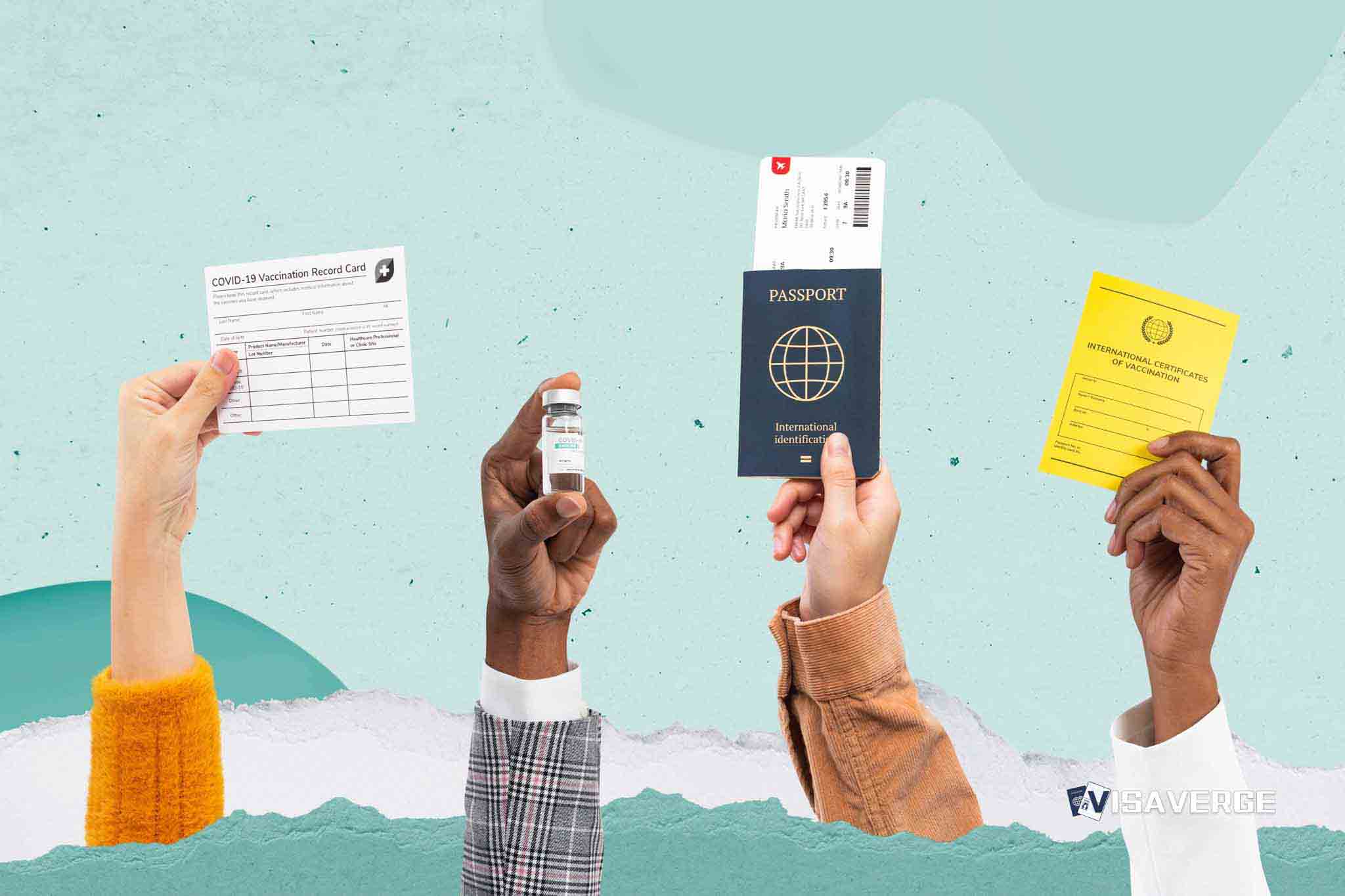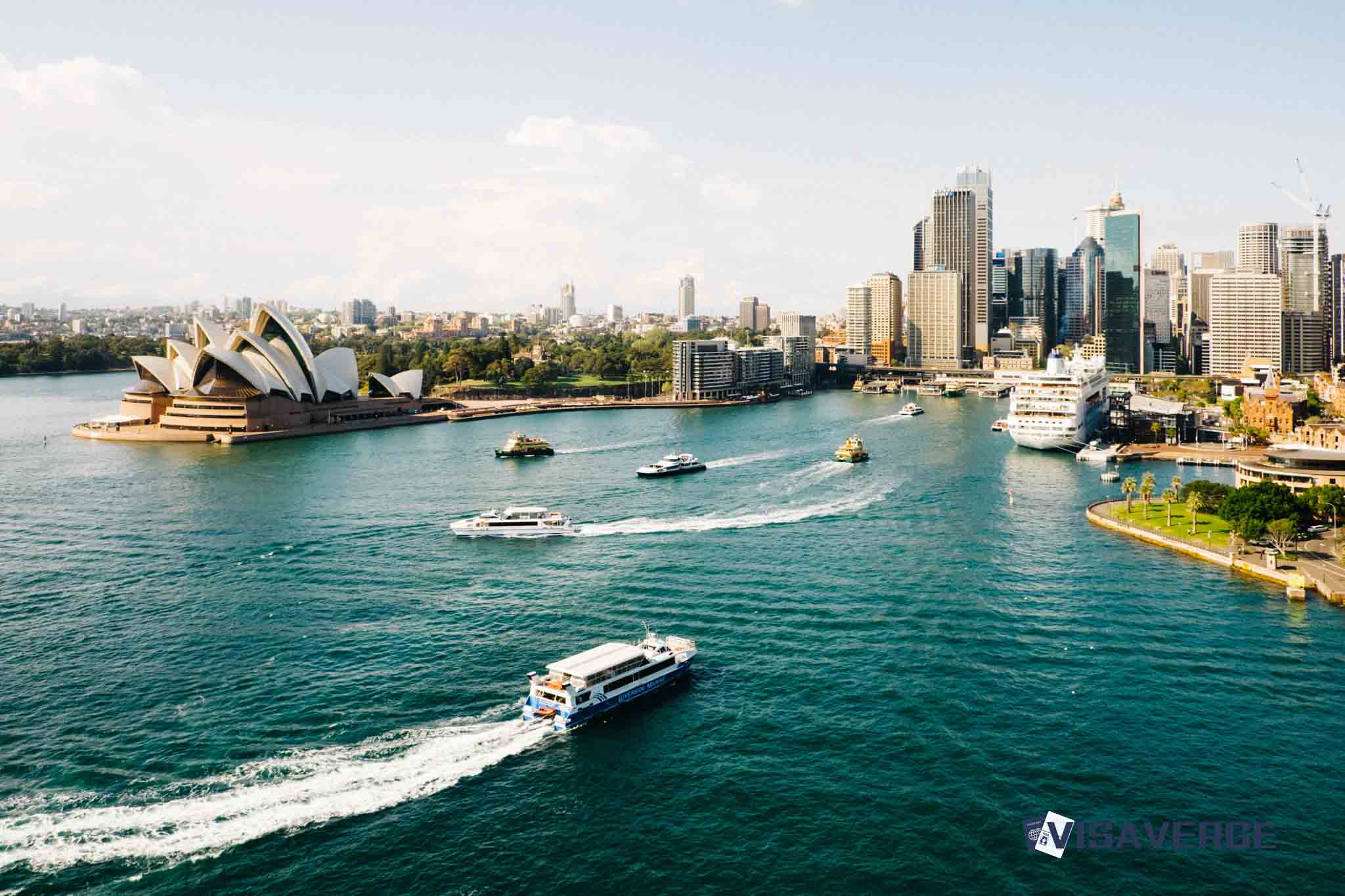Understanding the Post-Brexit Seas: How Brexit Has Reshaped the Fishing Industry
The Waters Have Shifted – Brexit’s Impact on Fishing
As the United Kingdom waved goodbye to the European Union, the ripples of Brexit began to be felt across various sectors, not least within the once shared waters of the EU and UK – the fishing industry. The Brexit fishing industry now faces a new tide of regulations, altered access to fishing grounds, and freshly inked quotas.
The Political Seascape – What Changed for Fishers?
Post-Brexit, UK fishermen initially anticipated regaining full control over their waters. However, the reality was more complex. The Brexit aftermath brought about a period of adjustment due to the significant changes in fishing industry regulations after Brexit. While the UK now has the power to regulate access to its waters, the deal struck with the EU still allows EU fishermen access to UK fishing grounds, albeit with reduced quotas over a five-and-a-half-year transition period.
Quotas and Licenses – The New Catch Limits
One of the key aspects of the Brexit impact on fishing is the adjustment of catch limits. The UK’s departure from the EU’s Common Fisheries Policy (CFP) means it no longer shares the once common resources under the CFP’s framework. The shift aims to ensure sustainable fish stocks and reflect the UK’s new position as an independent coastal state.
Fishing industry regulations after Brexit also meant the introduction of new licensing requirements for both UK and EU vessels. All must adhere to the rules of their designated waters to legally fish, with strict penalties for non-compliance.
Economic Tsunami or Sustainable Future?
What does all this mean for the fishermen, communities, and consumers?
- Fishermen must now navigate a sea of paperwork, new quotas, and potential clashes over territory.
- Communities dependent on the industry are keeping a watchful eye on how these changes affect their livelihood and local economies.
- Consumers could see fluctuations in the price and availability of certain fish species as market dynamics shift.
The UK government presents these changes as a rebalancing act, a move towards a more sustainable fishing industry with British fishermen enjoying a greater share of domestic waters. Critics, however, argue that the economic benefits may fall short of the losses, particularly in terms of reduced access to the broader European market.
Navigating New Waters – Further Reading and Resources
Fishermen, businesses, and industry stakeholders must stay informed as the post-Brexit landscape continues to evolve. For comprehensive and updated information, the following resources are invaluable:
- The UK Government’s Department for Environment, Food & Rural Affairs (DEFRA) provides guidance on post-Brexit fisheries policies: DEFRA
- For understanding the legal framework, visit the UK Fisheries bill which outlines the post-Brexit legal context for fisheries: Fisheries Bill
By investing time in understanding the new regulations and adapting to the evolving demands of the industry, fishermen and stakeholders can steer their course through the Brexit transition towards a more autonomous and potentially prosperous future.
Conclusion
Brexit has undeniably steered the fishing industry into new waters. With new regulations in place and adjustments still unfolding, it’s apparent that the Brexit fishing industry is undergoing significant change. Whether these currents will lead to richer hauls or rougher seas remains to be seen, but what’s clear is that understanding these new regulations is paramount for those navigating this industry. The hope is for a smooth transition to sustainable and prosperous fishing grounds, with the UK at the helm of its marine destiny.
Expert Insights
Did You Know?
- Fishing Industry and Immigration: The fishing industry has long been supported by immigrant labor. In the UK, many fishing crews rely on migrant workers, often from Eastern European countries, who contribute to the industry’s workforce. They bring their expertise and play a crucial role in maintaining the fishing operations.
- Cultural Exchange and Cuisine: Immigration has enriched the culinary landscape of fishing communities. In areas with a significant immigrant population, such as Grimsby in the UK, migrants have brought their traditional recipes and cooking techniques, resulting in diverse and delicious seafood dishes that blend local and international flavors.
-
Cultural Importance of Fishing Communities: Fishing communities have a rich cultural heritage and deep connections to their maritime environment. They often have unique traditions, folklore, and festivals that celebrate their fishing heritage and bring together locals and visitors alike. These traditions contribute to the diversity and resilience of these communities.
-
Labor Mobility and Seasonal Migration: The fishing industry relies on seasonal labor migration, with workers traveling between countries to follow fishing seasons and meet labor demand. This mobility is crucial for the industry’s sustainability and efficiency, ensuring that fishing operations can adapt to changing local conditions and maintain steady production.
-
Challenges for Immigrants in the Fishing Industry: Immigrant workers in the fishing industry often face unique challenges, including language barriers, cultural differences, and limited access to social protections. Organizations and initiatives have emerged to support immigrant workers, providing language classes, legal assistance, and advocacy for their rights.
-
Fishing Industry and International Trade: The fishing industry is closely connected to international trade and global markets. Countries with strong fishing industries often export their catch to meet the demand in other countries, contributing to economic growth and cross-cultural exchange.
-
Impact of Immigration Policies on the Fishing Industry: Changes in immigration policies can have a significant impact on the fishing industry, affecting labor availability and production. Stricter immigration laws may create labor shortages and disrupt the industry’s operations, while more flexible policies can support its growth and sustainability.
-
Sustainable Fishing Practices and Immigration: Some fishing communities prioritize sustainable fishing practices and environmental conservation. Immigrant workers, with their diverse perspectives and experiences, can contribute to these efforts by sharing knowledge about sustainable fishing techniques from their home countries and promoting environmentally conscious practices within the industry.
-
Contributions of Immigrants to Fishing Technology: Immigrants in the fishing industry often bring expertise in technology and innovation. They may introduce new approaches and equipment to improve fishing efficiency, enhance safety measures, and reduce the industry’s environmental impact.
-
Fishing Industry and Cultural Exchange: The fishing industry’s international nature fosters cultural exchange and understanding between countries. Fishermen from different nations often collaborate, sharing knowledge and experiences, and building connections that transcend borders. These interactions contribute to a global network of fishing communities, united by their love for the sea and their shared challenges and aspirations.
Remember to fact-check these statements to ensure their accuracy before publication. Additionally, consider presenting the facts in a visually appealing format, such as bullet points or infographics, to make them more engaging for readers.
Learn today
Glossary of Immigration Terminology
- Brexit: The term “Brexit” refers to the withdrawal of the United Kingdom (UK) from the European Union (EU) and the European Atomic Energy Community. It is a combination of the words “British” and “exit.”
- Fishing industry: The fishing industry encompasses all activities related to the capture, processing, and distribution of fish and other seafood products. It includes commercial fishing operations, aquaculture, and related businesses.
-
Access to fishing grounds: Access to fishing grounds refers to the ability of fishermen to enter and operate in specific areas of the sea or oceans where fish stocks are present. It is often regulated through agreements or permits.
-
Quotas: Quotas are limits or restrictions on the amount of fish that can be caught in a specific area or during a specified period. Quotas are typically set to ensure the sustainability of fish stocks and prevent overfishing.
-
Common Fisheries Policy (CFP): The Common Fisheries Policy is an EU policy that sets out the rules and regulations for fishing activities within EU waters. It aims to ensure the sustainable management of fish stocks and promote fair competition among EU fishing fleets.
-
Licensing requirements: Licensing requirements are the rules and regulations that govern who can engage in fishing activities and under what conditions. Fishermen and fishing vessels are typically required to obtain licenses to legally fish in specific areas.
-
Non-compliance: Non-compliance refers to the failure to adhere to the rules and regulations governing fishing activities. Non-compliance can result in penalties, fines, or other forms of legal action.
-
Sustainable fish stocks: Sustainable fish stocks refer to fish populations that are managed in a way that allows them to replenish and maintain their numbers over time. Sustainable fishing practices aim to avoid overfishing or depleting fish stocks to the point of collapse.
-
Economic benefits: Economic benefits refer to the positive impacts that a specific policy or action can have on the economy. In the context of the fishing industry, economic benefits may include increased revenue, job creation, and business growth.
-
Reduced access to the broader European market: Reduced access to the broader European market refers to the potential limitations or restrictions placed on the ability of the UK’s fishing industry to export fish and seafood products to EU member states. This may result from changes in trade regulations or the imposition of tariffs or trade barriers.
-
Department for Environment, Food & Rural Affairs (DEFRA): DEFRA is a UK government department responsible for environmental protection, food production, rural affairs, and the management of natural resources. It plays a key role in developing and implementing fisheries policies post-Brexit.
-
UK Fisheries bill: The UK Fisheries Bill is a piece of legislation that outlines the legal framework for the management and regulation of fisheries in the UK following Brexit. It addresses issues such as access to fishing grounds, quotas, and licensing requirements.
-
Sustainable and prosperous fishing grounds: Sustainable and prosperous fishing grounds refer to fishing areas or regions that are well-managed, allowing for the long-term viability of fish stocks and providing economic opportunities for fishermen and related industries.
-
Marine destiny: Marine destiny refers to the collective future or direction of the UK’s marine resources and the fishing industry. It encompasses the decisions and actions taken by the UK government and stakeholders to shape the development and sustainability of the fishing sector.
So there you have it, folks! Brexit has definitely caused some fishy business in the fishing industry. With new regulations, quotas, and licenses, fishermen are navigating uncharted waters. Will it lead to a bountiful catch or a stormy voyage? Time will tell! But if you want to dive deeper into the world of post-Brexit fishing, head over to visaverge.com for more fin-tastic information.
FAQ’s to know:
FAQ 1: What changes did Brexit bring to the fishing industry?
Brexit brought significant changes to the fishing industry. The UK now has the power to regulate access to its waters, but EU fishermen still have access to UK fishing grounds, albeit with reduced quotas over a transition period. This has reshaped fishing industry regulations and altered the dynamics of fishing grounds and quotas.
FAQ 2: How did Brexit impact catch limits in the fishing industry?
Brexit led to a shift in catch limits in the fishing industry. With the UK’s departure from the EU’s Common Fisheries Policy, it no longer shares the once common resources. The aim is to ensure sustainable fish stocks and reflect the UK’s new position as an independent coastal state. New licensing requirements have been introduced for both UK and EU vessels, with strict penalties for non-compliance.
FAQ 3: What are the possible effects of Brexit on fishermen, communities, and consumers?
The effects of Brexit on fishermen, communities, and consumers can be significant. Fishermen now face new paperwork, quotas, and potential clashes over territory. Communities dependent on the industry are concerned about the impact on their livelihoods and local economies. Consumers may experience fluctuations in the price and availability of certain fish species as market dynamics shift. The UK government presents these changes as a move towards a more sustainable fishing industry, but critics argue that there may be economic losses, especially in terms of reduced access to the broader European market.
What did you learn? Answer below to know:
- Multiple Choice: What is one key aspect of the Brexit impact on the fishing industry?
a) Increased access to fishing grounds for UK fishermen
b) Harmonization of fishing quotas between the UK and EU
c) Adjustment of catch limits to ensure sustainable fish stocks
d) Decreased paperwork and licensing requirements
-
True/False: After Brexit, UK fishermen regained full control over their waters.
-
Short Answer: How can fishermen and stakeholders adapt to the changing regulations in the post-Brexit fishing industry?














